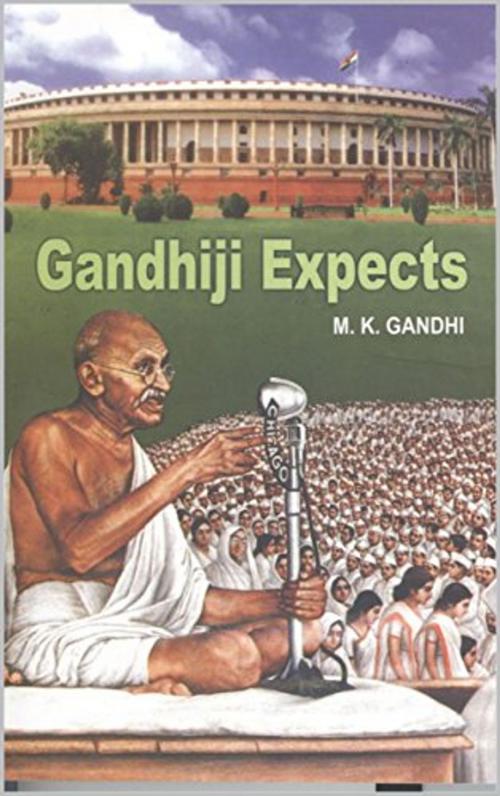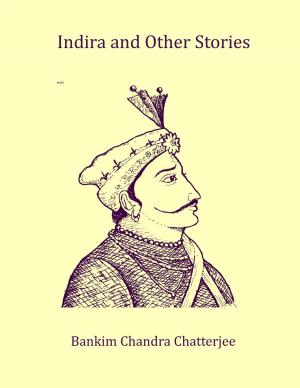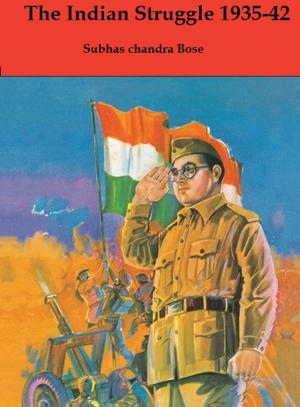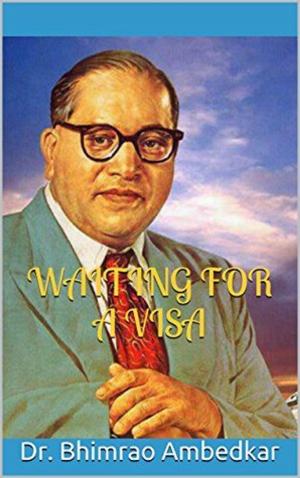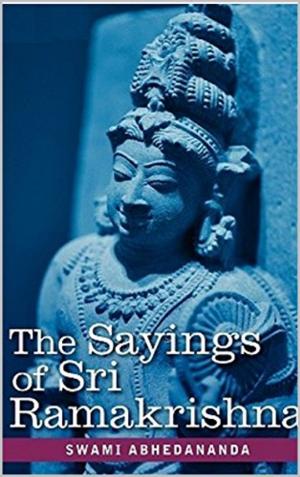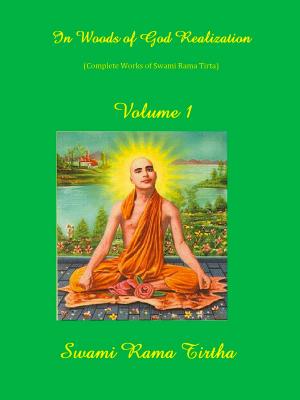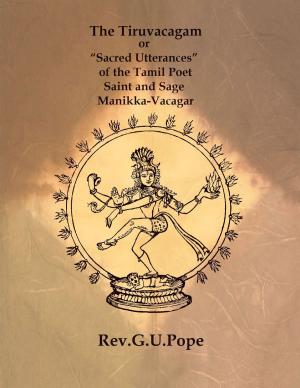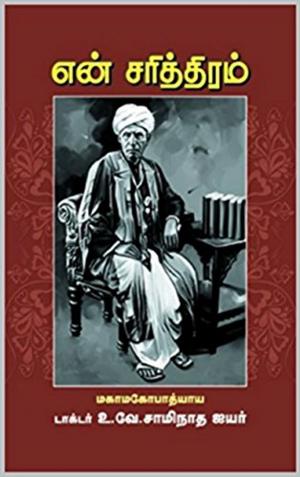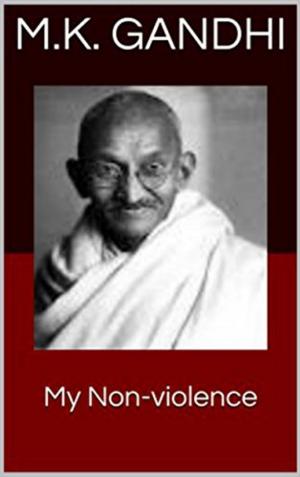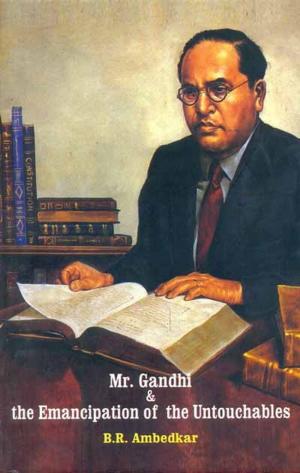| Author: | M.K.Gandhi | ISBN: | 1230001672787 |
| Publisher: | Kar Publishing | Publication: | May 9, 2017 |
| Imprint: | Language: | English |
| Author: | M.K.Gandhi |
| ISBN: | 1230001672787 |
| Publisher: | Kar Publishing |
| Publication: | May 9, 2017 |
| Imprint: | |
| Language: | English |
Gandhiji Expects by M.K.Gandhi
What the Father of the Nation expected of People’s
Representatives
Pages - 183
A characteristic of Gandhiji's way of dealing with public questions can easily be
noticed. He had no particular ideology or dogma from which his conclusions
followed. His aim was to apply the two fundamental principles of truth and
non-violence to public affairs. Naturally, therefore, he dealt with problems and
questions as they came up before him.
It will not be an exaggeration to say that Gandhiji trained Congressmen in his
method for getting swaraj established as also to run the administration under
swaraj when power was seared for the people.
That came about initially in 1937 and subsequently fully in 1947.
Gandhiji's fundamental principle of the governance of India was that those
responsible for it had always to bear in mind that they had to run the
government of a poor country and primarily in the interest of the poor and
backward classes of India. How that could be done was propounded by him ever
since he returned to India in 1915. When, therefore, Congressmen went into
power in 1937 and afterwards he brought to their notice the responsibility that
they had undertaken.
This is a collection of his articles and speeches dealing with the various duties
that devolved upon Congressmen and others as administrators and rulers.
Gandhiji never gave orders nor did he believe that he had any authority over
Congressmen. He always appealed to the best in them and hoped that his
appeal would not go in vain.
This collection represents his expectations regarding the governance of India.
They come handy at the present juncture when the fundamentals are nearly
being lost sight of and politicians and public men appear to act from mixed
motives.
It is hoped this collection will bring home to those who are responsible for
running the administration of the country their duty and what the Father of the
Nation expected of them.
Gandhiji Expects by M.K.Gandhi
What the Father of the Nation expected of People’s
Representatives
Pages - 183
A characteristic of Gandhiji's way of dealing with public questions can easily be
noticed. He had no particular ideology or dogma from which his conclusions
followed. His aim was to apply the two fundamental principles of truth and
non-violence to public affairs. Naturally, therefore, he dealt with problems and
questions as they came up before him.
It will not be an exaggeration to say that Gandhiji trained Congressmen in his
method for getting swaraj established as also to run the administration under
swaraj when power was seared for the people.
That came about initially in 1937 and subsequently fully in 1947.
Gandhiji's fundamental principle of the governance of India was that those
responsible for it had always to bear in mind that they had to run the
government of a poor country and primarily in the interest of the poor and
backward classes of India. How that could be done was propounded by him ever
since he returned to India in 1915. When, therefore, Congressmen went into
power in 1937 and afterwards he brought to their notice the responsibility that
they had undertaken.
This is a collection of his articles and speeches dealing with the various duties
that devolved upon Congressmen and others as administrators and rulers.
Gandhiji never gave orders nor did he believe that he had any authority over
Congressmen. He always appealed to the best in them and hoped that his
appeal would not go in vain.
This collection represents his expectations regarding the governance of India.
They come handy at the present juncture when the fundamentals are nearly
being lost sight of and politicians and public men appear to act from mixed
motives.
It is hoped this collection will bring home to those who are responsible for
running the administration of the country their duty and what the Father of the
Nation expected of them.
